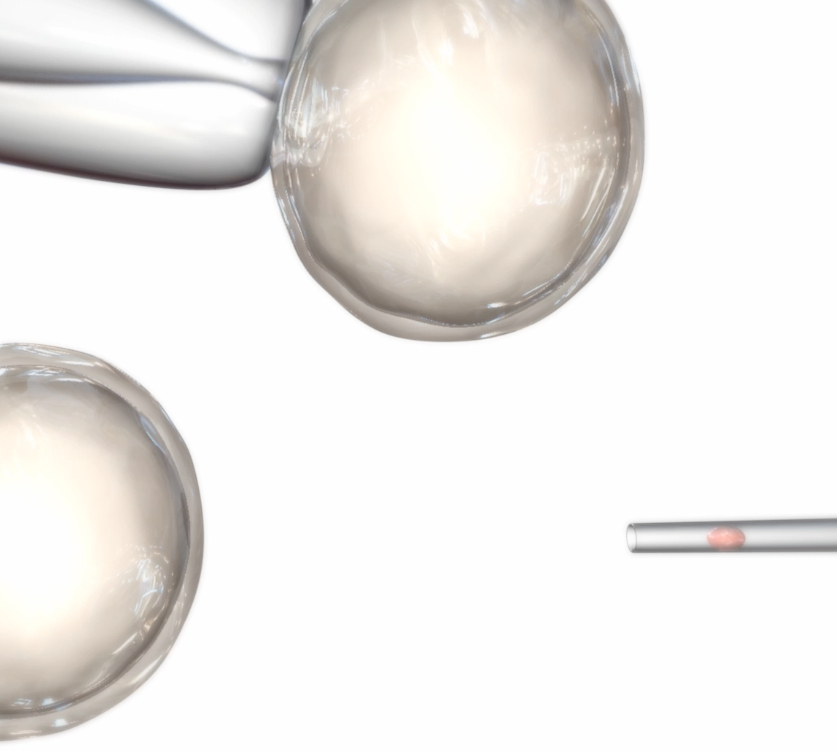Scientists in Oregon have created embryos with genes from one man and two women, using a provocative technique that could someday be used to prevent babies from inheriting certain rare incurable diseases.
The researchers at Oregon Health & Sciences University said they are not using the embryos to produce children, and it is not clear when or even if this technique will be put to use. But it has already stirred a debate over its risks and ethics in Britain, where scientists did similar work a few years ago.
The British experiments, reported in 2008, led to headlines about the possibility someday of babies with three parents. But that’s an overstatement. The DNA from the second woman amounts to less than 1 percent of the embryo’s genes, and it isn’t the sort that makes a child look like Mom or Dad. The procedure is simply a way of replacing some defective genes that sabotage the normal workings of cells. Read full article.
See animation
